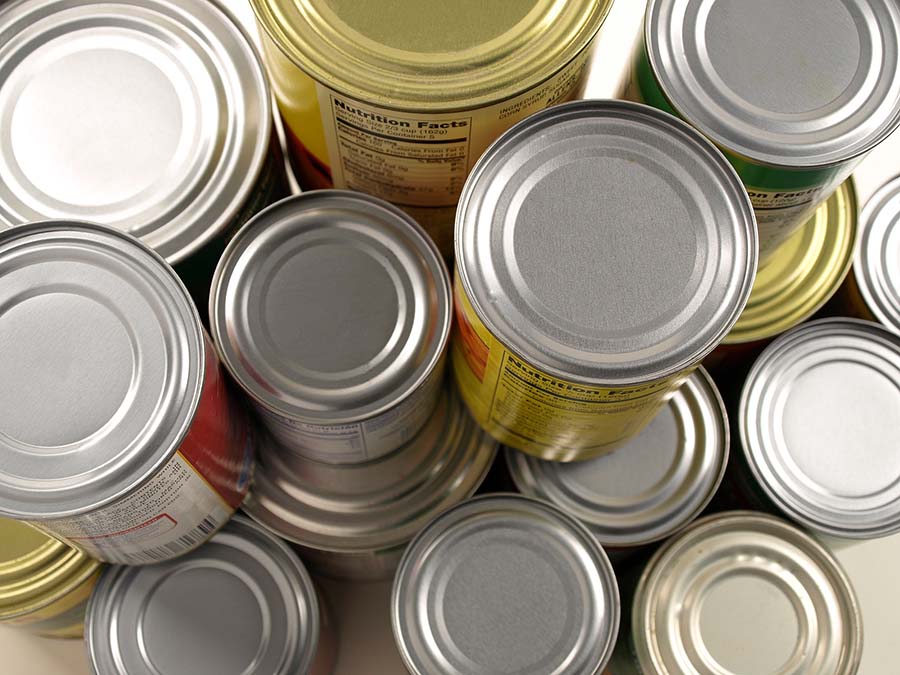 There is one ingredient we all use and need that spikes blood pressure if used excessively.
There is one ingredient we all use and need that spikes blood pressure if used excessively.
In fact, it’s so dangerous that, according to a new study published in the Journal of the American Heart Association, this one ingredient contributes more to high blood pressure than any other risk factors.
The worst part is, most Westerners consume more than twice the recommended amount.
While medical scientists have understood for years that sodium does cause high blood pressure, this was the largest study that actually tried to compare high-sodium eaters with low-sodium eaters.
The researchers followed 4,523 people with a healthy blood pressure over a period of three and a half years, during which they periodically measured their blood pressure and calculated their sodium intake via urine tests.
They also recorded the details of their lifestyles, in order to ensure that other habits did not interfere with the results.
During the study period, 22.7% of the participants developed high blood pressure (which is an alarming statistic in itself).
The blood pressure of those who consumed a lot of sodium was significantly more likely to increase than that of those who consumed less sodium.
Researchers also found that even obese participants were less likely to experience increased blood pressure than those who ate large amounts of sodium.
The American Heart Association recommends that we consume no more than 1,500mg of sodium per day, even though the average person in most developed countries consumes around 3,500mg per day.
Between 75% and 80% of our daily sodium consumption comes from processed foods. This means that you cannot really reduce your sodium consumption simply by reducing the amount of salt in your food at home. You must actually stop buying foods that contain it.
Unfortunately, these include almost all packaged foods, such as soup, crispy potato chips, crackers, cereal, processed deli meat, bacon, canned food, and pre-made instant meals.
The solution for minimum sodium intake is to buy primarily fresh vegetables, fresh fruit, and whole unprocessed grains.

 Overcoming IBD
Overcoming IBD Multiple Sclerosis
Multiple Sclerosis Banishing Bronchitis
Banishing Bronchitis Gum Disease Gone
Gum Disease Gone Overcoming Onychomycosis
Overcoming Onychomycosis Neuropathy No More
Neuropathy No More The Prostate Protocol
The Prostate Protocol Brain Booster
Brain Booster
 Ironbound
Ironbound
 Solution for Shingles
Solution for Shingles
 The Bone Density Solution
The Bone Density Solution
 The Ultimate Healing Protocol
The Ultimate Healing Protocol
 The Parkinson's Protocol
The Parkinson's Protocol
 The Chronic Kidney Disease Solution
The Chronic Kidney Disease Solution
 Overthrowing Anxiety
Overthrowing Anxiety The Fatty Liver Solution
The Fatty Liver Solution The Hypothyroidism Solution
The Hypothyroidism Solution
 The End of Gout
The End of Gout The Blood Pressure Program
The Blood Pressure Program
 The Oxigized Cholesterol Strategy
The Oxigized Cholesterol Strategy
 Stop Snoring And Sleep Apnea Program
Stop Snoring And Sleep Apnea Program
 The Arthritis Strategy
The Arthritis Strategy The Vertigo & Dizziness Program
The Vertigo & Dizziness Program The 3-Step Diabetes Strategy
The 3-Step Diabetes Strategy Hemorrhoids Healing Protocol
Hemorrhoids Healing Protocol The Erectile Dysfunction Master
The Erectile Dysfunction Master Weight Loss Breeze
Weight Loss Breeze The IBS Program
The IBS Program The Insomnia Program
The Insomnia Program The Migraine and Headache Program
The Migraine and Headache Program The Neck Pain Solution
The Neck Pain Solution The Menopause Solution
The Menopause Solution The Ejaculation Master
The Ejaculation Master The TMJ Solution
The TMJ Solution The Acid Reflux Solution
The Acid Reflux Solution The Fibromyalgia Solution
The Fibromyalgia Solution The Psoriasis Strategy
The Psoriasis Strategy